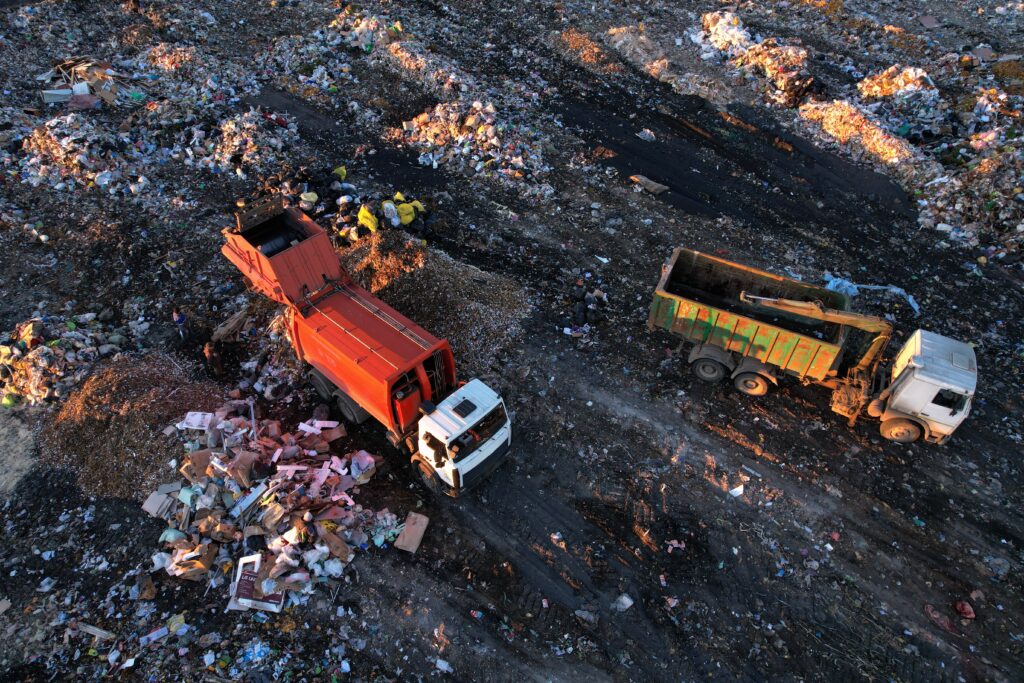The Welsh regulator secured a conviction against Paperback Collection and Recycling Limited (PCR) and its director Gordon Anderson, 67, in March 2021.
Both the director and the company pleaded guilty for storing excess waste at a site in Deeside, North Wales, between 2017 and 2018. He was found to have stored 17,000 tonnes instead of the permitted 12,000.
Also, he rented a site in Anglesey, where 500 tonnes of waste could be stored, but an estimated 8,000 tonnes had been left.
At the Crown Court at Caernarfon on 18 August 2021, Judge Jones sentenced Mr Anderson to 15 months’ imprisonment, suspended for 18 months, together with 250 hours unpaid work. He was also disqualified from being a director for 15 years.
Mr Anderson appealed against this, arguing, among other things, that the sentence was too strict because the judge took into account the cost of the entire clean-up operation of 17,000 tonnes, rather than just the offending amount.
However, this was thrown out along with many other lines of appeal. The judge did however reduce the severity of the disqualification order from 15 to six years.
Clean up
The director argued that when the company was liquidated, it was estimated that the costs would be a maximum of £545,650. However, NRW submitted that 17,410 tonnes of waste were removed from the Deeside site at a cost exceeding £1.85 million.
Combined with the clean-up costs of the other site, the costs came to £2.6 million.
Mr Anderson further argued that the judge was wrong to conclude that he had abandoned the sites.
“In all the circumstances, it is contended that the starting point identified by the judge was excessively high,” said the appeals judge, Sir Adrian Fulford.
Ruling
The argument that the conviction should only cover offending amounts was thrown out by the judge.
We reject the criticisms that are made to the judge’s approach
- Judge Adrian Fulford
He said: “Although the judge suggested that PCR and the appellant had ‘abandoned’ the site… the result of this criminality was that the landlords were obliged to clear up the entirety of the site because there was no credible suggestion that the remedial work would be undertaken by someone else.
“It follows that we reject the criticisms that are made to the judge’s approach.”
While the other grounds of appeal were dismissed, the judge did rule in Mr Anderson’s favour on one count.
He said the 15-year ban was a longer disqualification period than would have been expected, “in the case of a man of otherwise good character who, albeit late in the day, pleaded guilty and who had never previously been subject to a disqualification order.”
The judge therefore ruled the order should have been within the middle bracket, thus reducing it to six years.










Subscribe for free